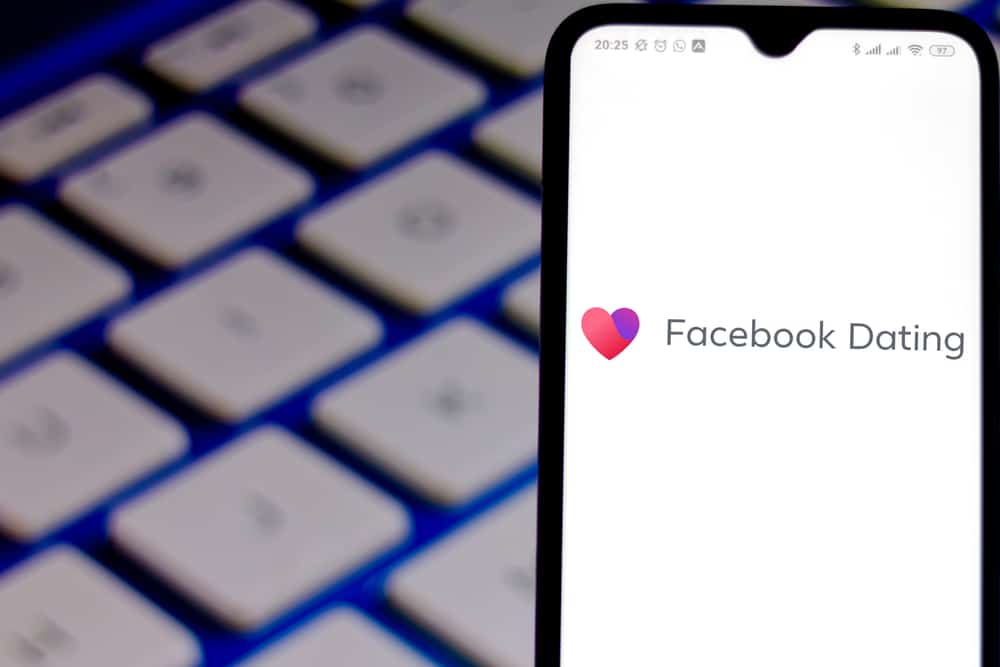Is It Possible to Find Someone’s Location (with or without Them Knowing)?
Michelle Wilson - September 25, 2019

There could be any number of reasons why you might need to find someone’s location. It doesn’t have to be nefarious, underhanded, or even criminal. In fact, if you’re searching for someone you have no business looking for, such as an ex-boyfriend or girlfriend, somebody who doesn’t want you to know where they are, then you should stop, step back, and let it go.
However, there are potentially dozens of legitimate reasons why it may be necessary to find someone’s location. You may be looking for a lost relative. Maybe you had a friend from high school you lost touch with and want to reconnect, but they aren’t on social media, as far as you can tell.
You may have lost communication with an aunt or uncle, for example, but now your mother or father is sick and you want to get a hold of them to let them know what’s going on.
It is possible to find almost anyone’s location, so long as you have at least some information to go on. If you only have a person’s first name, for example, and perhaps an address from 30 years ago, the struggle to find their location is going to be quite significant.
Table of Contents
Where Do You Start?
You need to rely on a legitimate, honest, trusted service. CheckPeople is one of those services where you can locate individuals, including a lost love you let slip away too many years ago.
There will be a cost to use any service like this, though. Some people try to go online and type information into a search engine, hoping to glean enough information to locate that person, but they are often directed to other services.
Some of these services are a bit unscrupulous, charge too much, they don’t give enough information for what the customer pays for, they withhold the most important information, blurring it out and directing the customer to make another payment, and even act deceptively in other services and information they may promise. That’s why it’s a good idea to rely on a more legitimate service like CheckPeople.
How Often Can You Search?
Depending on the service, there may be a limit to how many searches you can do or how many people you can look up based on what you pay for. However, if you’re looking up information on one specific person, you will get what’s considered public information.
That means, even if you decide to run a search to locate somebody numerous times within a few short months, odds are -unless they move repeatedly and keep reporting their change of address through proper channels- you won’t gather anything new.
What Can You Do Once You Locate This Person?
First and foremost, you can’t stalk them. Stalking is a crime and is punishable by fines and possibly time in jail. If you plan to try and find someone’s location with the intention of stalking them or they have moved to get away from you and hide, you are stepping into dangerous legal territory.
If you gather their information from any of these databases, including CheckPeople, to do something like this, it is criminal. Your intentions for finding someone’s location should be honest, genuine, and not criminal in any way.
The Fair Credit and Reporting Act (FCRA) protects the rights of individuals, even with public records information. If you obtain personal information for someone you are trying to locate, you are not permitted by law to use this in determining employment status, educational screening, to determine if you will rent a room or house or apartment to them, for credit eligibility, to steal their identity, or even look up a babysitter for your young child.
If you want to run a background check for any of these purposes, you need to do so by following the Fair Credit and Reporting Act guidelines. They are strict, specific, and must be adhered to in order to avoid civil or criminal liability.
While all the information you would obtain when you try to find someone’s location through a service like CheckPeople is considered public record, you do need to be careful about what you use that information for.
Do not go and post that on social media, share it with somebody whose intentions are criminal, or anything similar.
What If That Person Once Told You to Never Contact Them Again?
Things happen in the heat of the moment. You may have had a fight with your best friend 20 years ago and she told you, “Lose my number. Never contact me again!”
Or maybe it was an ex that, during a break-up, told you to not bother looking for him ever again. Yet, as the years have passed, you’ve changed. You’ve grown. And maybe you’ve dealt with some serious issues you hadn’t confronted before and want to reach out, apologize, and get some sense of closure.
Is it okay to find someone’s location, reach out to them, and contact them? You need to take that on a case-by-case basis.
You will need to use good discretion in determining whether or not that is the right thing to do. Many things get said in the heat of the moment and a lot of people make big mistakes when they’re younger, struggling to mature, fighting for independence, or even trying to establish them in their new young adult life.
People get hurt, move on, move away, and lose touch with those they were once close with. Make that determination for this person you are trying to locate as best and honestly as you can.
What do you anticipate their reaction will be? (Not what you hope, but what you expect.)
What if they don’t care? Are you going to be hurt?
Also, keep in mind that if you do find someone’s location and reach out to them if they request you not contact them again, you need to respect that. There are some people in your past who simply don’t want anything more to do with you.
It may have absolutely nothing to do with you but rather them, where they are in life, their new family, their new friends, or their desire not to dredge up old, painful memories that might have taken months or years to overcome.
Can You Help Someone Else Locate Another Individual?
Maybe a close friend or casual acquaintance was talking to you recently about an ex-girlfriend or boyfriend. They mentioned how they would just love to find out where they were, reach out, and say sorry.
You empathize with their plight, their situation. You want to offer some comfort and assurance. You may have even told them, “I can try to locate them for you.”
You can certainly do that. If you have a person’s name and last known address, you can run a public records search to try and locate them through a service like CheckPeople.
What you need to keep in mind, though, is if that information you find and report to this other friend or acquaintance is used for any illegal activity, that opens you up to potential liability — both civil and possibly criminal, depending on the circumstances.
There is absolutely no reason why this other individual can’t do a search of this nature themselves.
What if they don’t have a computer or Internet connection?
How many people is that, really? Most people have access to the Internet in some form or another. It could be through a smartphone, tablet, laptop, or even the library.
Anybody can go to a public library, sign up to use one of their computers connect to the Internet. From there, they can use a service and find someone’s location.
Because of the potential legal entanglements, you could find yourself in if you don’t know why a friend or acquaintance is trying to locate someone, it’s best to advise them to do this on their own. That way, they can see the legal terms and expectations regarding the search they are about to conduct.
What If You Can’t Find Someone’s Location?
If you use a service like CheckPeople and it doesn’t have their most recent location, there could be a number of reasons for that. They may not want it reported, they may have been stalked and have been granted an injunction by the courts to have some of this information removed or hidden, or they may have gone “off the grid,” meaning they are careful to not have their information publicly recorded (at least digitally).
If you can’t find someone’s location using a service like this, you will not find it using any other service. That’s because these services use public records information, and if it is available, it will show up.
You will simply have to accept that this individual is not willing to be located at this time. You can try and search for another family member or friend, track them down, and reach out if it’s truly important, but if they say that person you’re looking for simply doesn’t want to be contacted, accept that, move on, and let it go.










